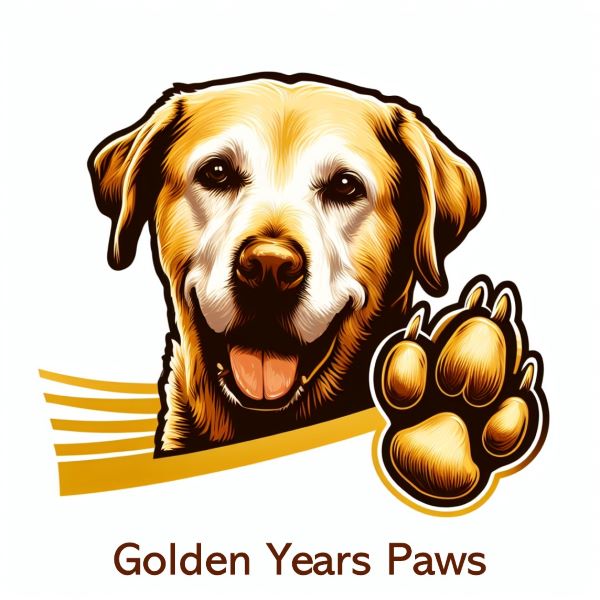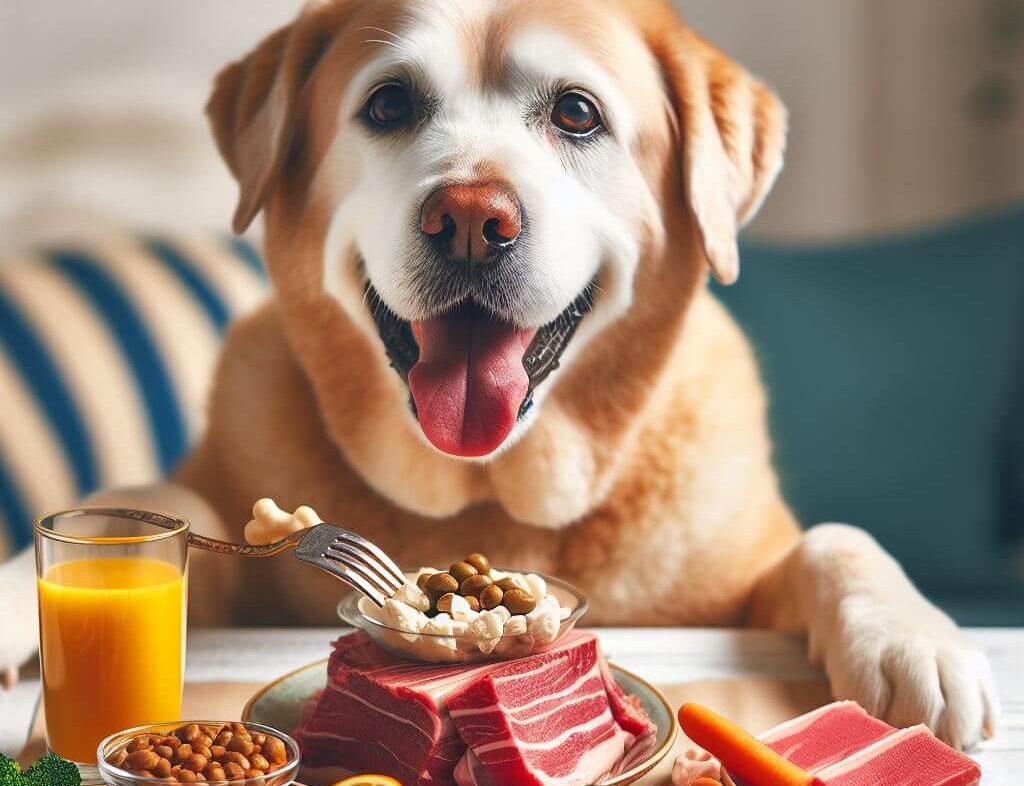As our beloved furry friends enter their golden years, it becomes increasingly vital to prioritize their health and well-being. One crucial aspect of senior dog care is providing them with a balanced diet that meets their specific nutritional needs. In this comprehensive guide, we will explore the benefits of a balanced diet for senior dogs, offer practical tips for feeding and monitoring their dietary needs, and provide insights from experienced professionals in the field of veterinary care.
Understanding the Dietary Needs of Senior Dogs
Just like humans, dogs’ nutritional requirements change as they age. Senior dogs have unique dietary needs compared to their younger counterparts. While adult dogs require a balanced diet to maintain overall health, senior dogs require specific nutrients that cater to their aging bodies. Their metabolism slows down, and they may become less active, which means they require fewer calories. Additionally, older dogs may have a decreased ability to digest certain nutrients, such as protein and fat.
Key Nutrients Essential for a Senior Dog’s Diet
A balanced diet for senior dogs should include essential nutrients that support their overall health and well-being. These nutrients include high-quality proteins, healthy fats, fiber, vitamins, and minerals. Protein is particularly important for maintaining muscle mass and supporting organ function. Healthy fats, such as omega-3 fatty acids, can help reduce inflammation and support cognitive function in senior dogs. Fiber aids in digestion and helps prevent common issues like constipation, which are prevalent in older dogs.
The Impact of Metabolism Changes in Aging Dogs
As dogs age, their metabolism naturally slows down. This means they require fewer calories to maintain a healthy weight. Feeding senior dogs a diet that aligns with their reduced energy needs is crucial to prevent weight gain and associated health problems. However, it’s important to note that each dog is unique, and factors such as activity level and overall health should be considered when determining the appropriate calorie intake for a senior dog. Consulting with a veterinarian can provide valuable guidance in this regard.
Managing Age-Related Conditions through Diet
Senior dogs are more susceptible to age-related conditions such as arthritis, kidney problems, and heart disease. A balanced diet can play a significant role in managing and preventing these conditions. For example, dogs with arthritis can benefit from a diet that includes joint-supporting nutrients like glucosamine and chondroitin. Dogs with kidney issues may require a diet low in phosphorus and high-quality proteins. Heart-healthy diets can help manage cardiovascular conditions in senior dogs.
Tailoring the Diet for Dogs with Specific Health Issues
If your senior dog has specific health issues, it’s essential to make dietary adjustments to support their condition. Working closely with your veterinarian is crucial in determining the best course of action. They may recommend a specialized commercial diet or a homemade diet tailored to your dog’s needs. In some cases, supplements may be beneficial. For example, omega-3 fatty acid supplements can help reduce inflammation in dogs with arthritis. Always follow your veterinarian’s guidance and monitor your dog’s response to any dietary changes.

Practical Tips for Feeding Your Senior Dog
When feeding your senior dog, consider the following practical tips:
- Choosing Between Commercial and Homemade Diets: Both commercial and homemade diets can be suitable for senior dogs. Choose high-quality commercial dog food or work with a veterinary nutritionist to create a balanced homemade diet.
- Safely Transitioning to a Senior Dog Diet: Gradually transition your dog to a new diet over several days to avoid digestive upset. Mix increasing amounts of the new food with the old food until the transition is complete.
- The Importance of Portion Control and Regular Feeding Schedules: Measure your dog’s food portions to prevent overfeeding or underfeeding. Establish a regular feeding schedule to maintain consistency.
- Monitoring and Adapting Your Senior Dog’s Diet: Keep an eye on your dog’s weight and overall health. If necessary, adjust the portion sizes or seek guidance from your veterinarian.
- Incorporating Treats and Supplements Responsibly: Choose treats that complement your dog’s diet and avoid excessive calorie intake. Discuss the use of supplements with your veterinarian.
Regularly Monitoring and Adapting Your Senior Dog’s Diet
Regular monitoring of your senior dog’s diet is essential to ensure their nutritional needs are met. Be aware of signs that may indicate the need for adjustments, such as weight loss or gain, changes in appetite, digestive issues, and changes in energy levels. Additionally, schedule regular veterinary check-ups to discuss your dog’s dietary needs and ensure their overall health is managed effectively.
Conclusion
Feeding your senior dog a balanced diet is crucial for their overall health and well-being. By understanding their unique dietary needs, incorporating key nutrients, addressing age-related conditions, and implementing practical feeding tips, you can provide the optimal nutrition and care they deserve during their golden years. Remember to consult with your veterinarian for personalized advice and guidance tailored to your senior dog’s specific needs. With proper nutrition and care, you can enhance their quality of life and enjoy many more happy years together.
Warmest Wags,
Morena
Founder, GoldenYearsPaws.com


My Basset is just coming to his Senior age. Thanks for the food mixing tip. 🙂
Thank you so much, Filip, for sharing your experience with your Basset entering his senior years. I’m glad you found the tip on food mixing helpful! If you have any questions or need further advice on managing your Basset’s diet as he ages, please don’t hesitate to reach out. Navigating this stage can be challenging, but with the right care, your Basset can enjoy a fulfilling and healthy life. Best of luck to you both in your senior dog’s golden years. Looking forward to hearing more about your journey together!